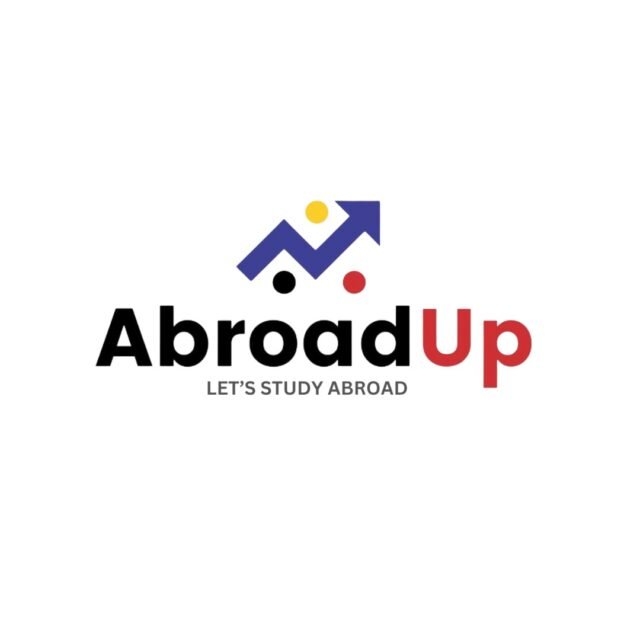Master’s in Germany continues to attract ambitious Indian students, combining world‑class education with affordability, strong career prospects, and a transparent application process.
1. Why Choose Germany for Your Master’s?
- Affordable or Zero Tuition: Most public universities charge no tuition for international students; only a semester administration fee ranging from €100–350 applies
- Over 2,300 English‑taught Master’s Programs available across Germany
- Stable visa policies, with 18 months post‑study job search visas, strong employment rates, and clear residency pathways
- Industry hubs in engineering, IT, finance, research, and more
- The India‑Germany Migration & Mobility Partnership simplifies student migration, facilitating smoother visa access and processing
2. Admission Requirements 📘
- Bachelor’s Degree: Must be recognized and in a related field. Universities often verify that subject credits meet German standards
- Language Proficiency:
- English‑taught: IELTS ≥6.5 or equivalent
- German‑taught: TestDaF, DSH or Goethe‑Zertifikat B2/C1
- Other Documents: SOP, LORs (2–3), academic transcripts, CV, and possibly GRE/GMAT or work experience for business programs
- APS Certification: Mandatory for visa applications when applying from India—complete APS before applying to universities for faster processing
3. Financial Planning: Costs & Living Expenses 💰
Tuition & Semester Fees
- Public Universities: Tuition is free; only semester fees of €150–350 per semester apply
- Private Institutions: Fees range between €10,000–30,000/year depending on the program
Living Expenses
- Estimate around €700–1,550/month (₹63,000–1,39,500), covering rent, food, health insurance, transport, utilities, and personal costs
Blocked Account & Financial Proof
- Required bank balance rising to €11,904/year (~₹10.7 L) for 2025 visa applications, with monthly withdrawals capped at €992
Scholarships & Assistance
- Government: DAAD offers monthly stipends of €934 for master’s students (~INR 82 k)
- Foundations: Heinrich Böll, Friedrich Ebert, Konrad Adenauer, Rosa Luxemburg – up to €1,350/month (~INR 1.13 L) depending on the scheme
- Deutschlandstipendium: National scholarship providing ~€300/month to high‑achieving students
4. Navigating the Job & Career Landscape
- Work‑permit during studies: Up to 20 hours/week (~€9–12/hr), with internships and Werkstudent roles available
- Post‑study opportunities: Graduates get an 18-month permit to search jobs; qualifying employment allows application for EU Blue Card or other work visas
- Language is key: English‑only roles are limited—knowing German (B2/C1+) significantly boosts employability
- Experiences from Indian students: “I secured a Werkstudent job despite only A2‑level German… later transitioned to an English‐speaking technical job with better pay.”
“Most English‑speaking jobs are being outsourced or rare; competition is higher than expected.”
5. Application Roadmap for Indian Students
- Choose target programs (English or German‑taught) listed on DAAD or university portals.
- Prepare documents: degree certificates, transcripts, SOP, LORs, CV, test scores, APS verification.
- Apply via uni‑assist or directly to universities (watch individual deadlines—typically mid year, but earlier for some courses)
- Once accepted, open a blocked account and arrange visa documents: bank proof, admission letter, insurance, photos, fee proof (€75), etc
- After travel: register with local authorities, open a German bank account, start classes, and begin German language learning if required.
Real Voices: Indian Students’ Experiences
“You are going to struggle if you don’t get your German to C1+ level… Look at top public German universities like Mannheim, Frankfurt” Reddit.
“Finding a working student job here has been tough… internships rarely turn into full‑time roles. English-speaking IT jobs are frequently outsourced.” Reddit.
“Not knowing German makes daily life challenging… government offices, daily errands often require German.” Reddit.
“Many Indians end up extending their Master’s program to 3–4 years when trying to balance language learning, part-time work, or academic overload.” Reddit.
Key Insights:
Learning German isn’t optional—it’s essential for social integration, internships, day-to-day life, and better-paying jobs.
Hochschulen (universities of applied sciences) can be a practical alternative, with a focus on application and employable skills.
Competition for English-language roles is rising as companies increasingly prefer local or German-fluent hires.
✅ Final Thoughts
Pursuing a Master’s in Germany is a smart move: high-quality education, minimal tuition, solid scholarships, clear post-study work routes, and a proven immigration partnership with India. But success hinges on early planning, strong application materials, meeting language requirements, and budgeting wisely.



